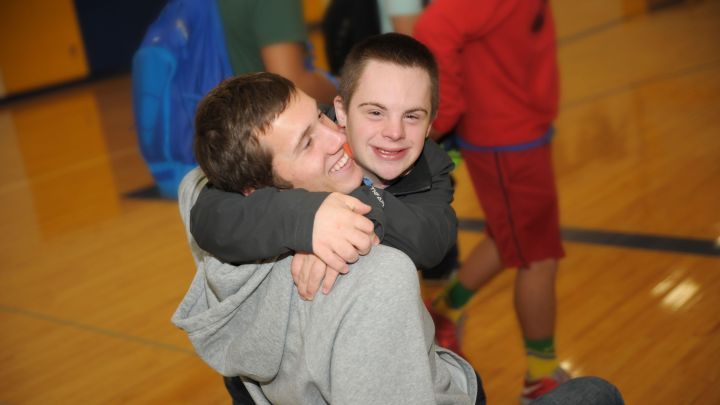Adventures in Homework Part 3: Three Ways to Maintain the Positive Momentum
This is our third and final segment on how to make homework time more productive and positive. If you missed either of the first two posts, you can read them here: Part 1: Three Foundational Building Blocks and Part 2: Four Ways to Maximize Homework Time. In the final part of the series, we’ll cover how to maintain the positive changes you have worked so hard to produce.
#1: Replicating Success
Think about a night when homework time went so well that it felt like a dream compared to the typically difficult nights. What was different about that night? Could it be replicated? It is helpful to think through everything that may have contributed to the success, such as the day of the week, how your child slept the night before, the day’s events (Was there a favorite Special at school that day, or a favorite treat at lunch?), the ride home, and what assignments needed to be completed.
Solution-Focused Brief Therapy suggests that once you have found something that contributed to a favorable outcome, replicating it on other days and across situations will make a difference.
#2: Breaks
The fact is that we are more productive if we take periodic breaks to stretch or relax than if we try to work for a long time. Younger children should take a break or change activities every 10-15 minutes, while older children can go 30-60 minutes. Of course, each activity and person is unique, so you’ll have to experiment to find what works for your child. Some children may be able to concentrate longer on a preferred activity, while they might need a break every 8-10 minutes for a subject that is harder for them or less of a favorite.
#3: Celebrate the Victories and the Progress
Everyone works better in a positive and comfortable work environment where they feel good about their accomplishments. Think about the space where homework is completed. Is it comfortable, quiet, and attractive? Are there other people also completing work nearby so that it is obviously “work time”?
What feels rewarding for your child to complete a task?
Some children like to mark off items as they complete them, place a sticker on a chart, or anticipate playing a game when finished.
Other children like to see corrected papers displayed prominently on the refrigerator or bulletin board. Discover what is important to your child and work to implement it regularly. Using these three strategies, along with the considerations presented in the first two parts of this series, can help promote a positive and productive evening work time, which will lead to greater school success.

Beth Harmon
Beth Harmon served as a School Psychologist at All Belong, where she enjoyed the "ah ha" moment when a parent or teacher gains an understanding of why a child learns or behaves in a certain way. She loves being the advocate to help the adults in a child's life appreciate the uniqueness of and love the child even more.
